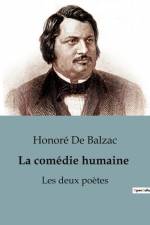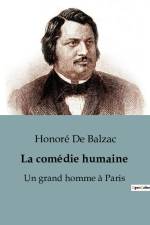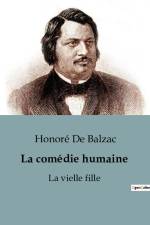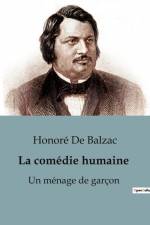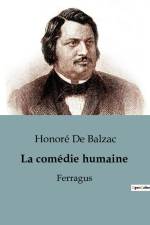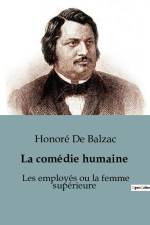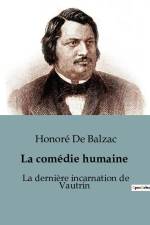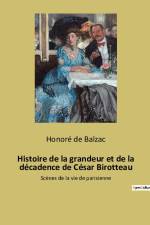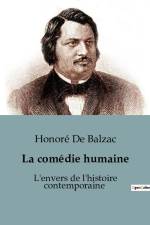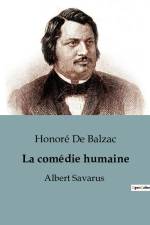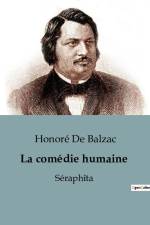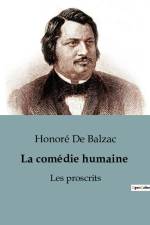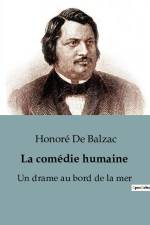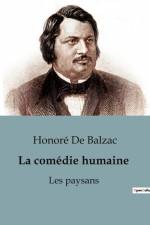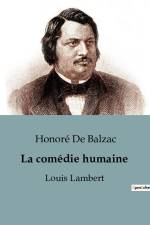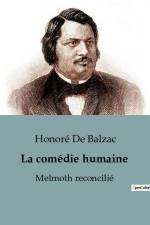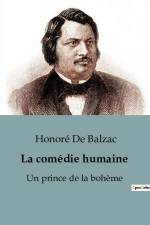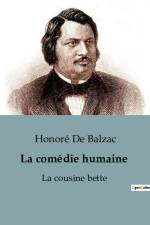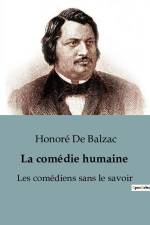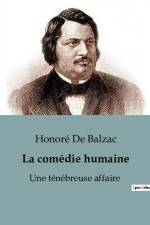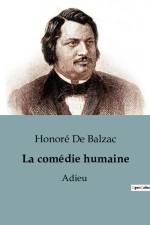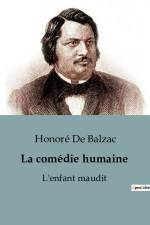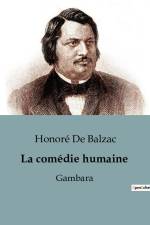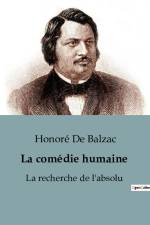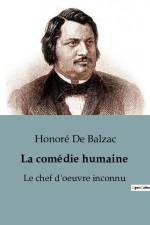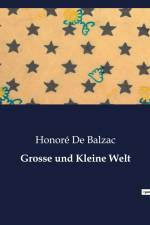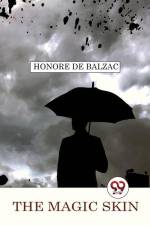av Honore de Balzac
331
" Léon de Lora, notre célèbre peintre de paysage, appartient à l¿une des plus nobles familles du Roussillon, espagnole d¿origine, et qui, si elle se recommande par l¿antiquité de la race, est depuis cent ans vouée à la pauvreté proverbiale des Hidalgos. Venu de son pied léger à Paris du département des Pyrénées-Orientales, avec une somme de onze francs pour tout viatique, il y avait en quelque sorte oublié les misères de son enfance et sa famille au milieu des misères qui ne manquent jamais aux rapins dont toute la for- tune est une intrépide vocation. Puis les soucis de la gloire et ceux du succès furent d¿autres causes d¿oubli.Si vous avez suivi le cours sinueux et capricieux de ces Études, peut-être vous souvenez-vous de Mistigris, élève de Schinner, un des héros de Un début dans la vie (SCÈNES DE LA VIE PRIVÉE), et de ses apparitions dans quelques autres Scènes. En 1845, le paysagiste, émule des Hobbéma, des Ruysdaël, des Lorrain, ne ressemble plus au rapin dé- nué, frétillant, que vous avez vu. Homme illustre, il possède une charmante maison rue de Berlin, non loin de l¿hôtel de Brambourg où demeure son ami Bridau, et près de la maison de Schinner son premier maître. Il est membre de l¿Institut et officier de la Légion-d¿Honneur, il a trente-neuf ans, il a vingt mille francs de rentes, ses toiles sont payées au poids de l¿or, et, ce qui lui semble plus extraordinaire que d¿être invité parfois aux bals de la cour, son nom jeté si souvent, depuis seize ans, par la Presse à l¿Europe, a fini par pénétrer dans la vallée des Pyrénées-Orientales où végètent trois véritables Lora, son frère aîné, son père et une vieille tante paternelle, mademoiselle Urraca y Lora.Dans la ligne maternelle, il ne reste plus au peintre célèbre qüun cousin, neveu de sa mère, âgé de cinquante ans, habitant d¿une petite ville manufacturière du départe- ment. Ce cousin fut le premier à se souvenir de Léon. En 1840 seulement, Léon de Lora reçut une lettre de monsieur Sylvestre Palafox-Castel-Gazonal (appelé tout simplement Gazonal), auquel il répondit qüil était bien lui-même, c¿est- à-dire le fils de feue Léonie Gazonal, femme du comte Fer- nand Didas y Lora...."

